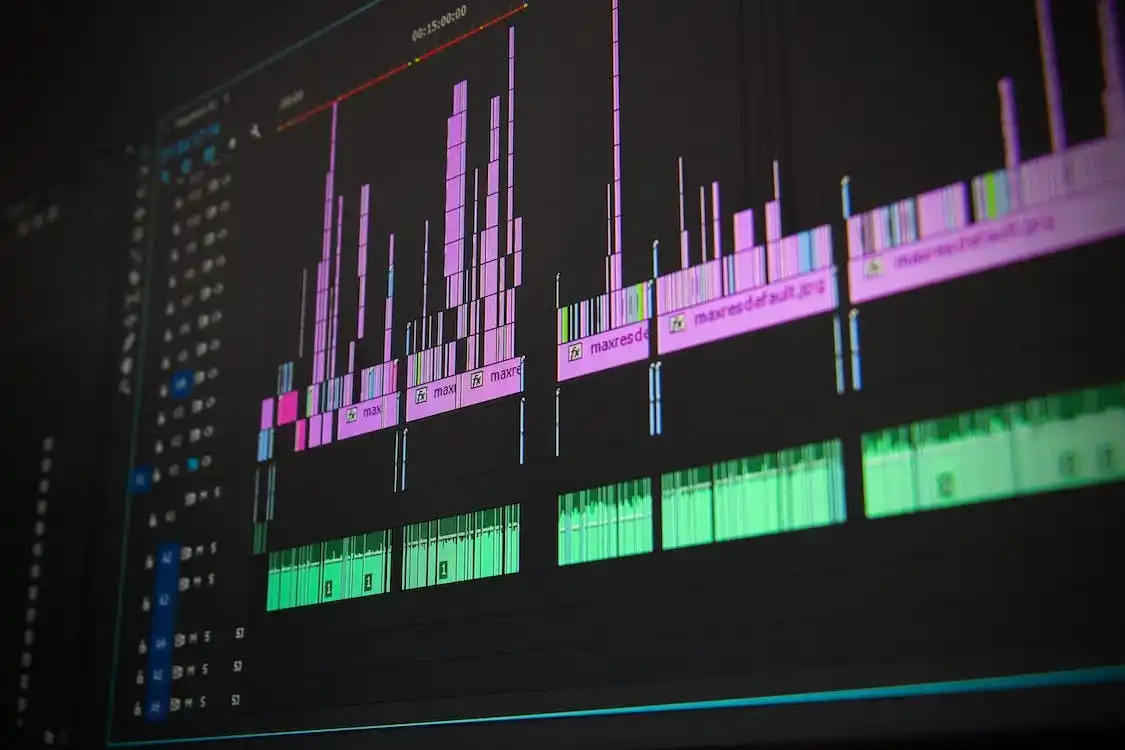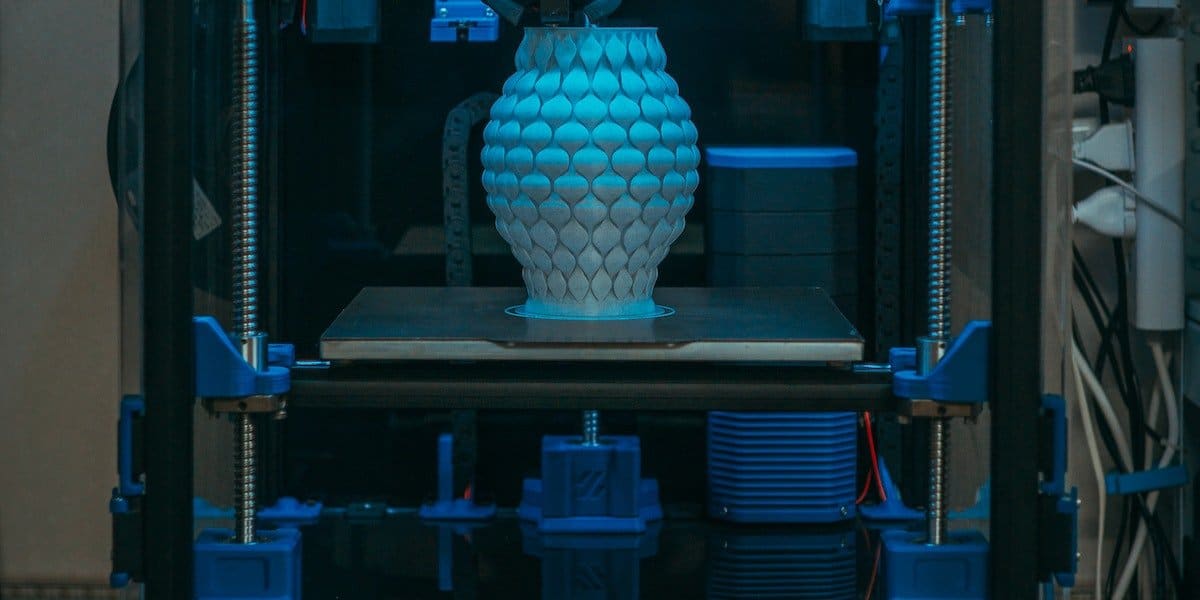Introduction
Online education has been rapidly gaining popularity over the past few years, but the COVID-19 pandemic has accelerated the trend even further. With schools and universities shutting down and transitioning to remote learning, students and educators alike have had to adapt to new ways of teaching and learning. As we move into a post-pandemic world, it’s worth exploring what the future of online education might look like.
The Advantages of Online Education
One of the main advantages of online education is the flexibility it offers. Students can learn at their own pace and on their own schedule, which is particularly beneficial for those who work or have other commitments. Additionally, online courses are often more affordable than traditional in-person courses, as they don’t require the same level of infrastructure and resources.
Another advantage of online education is the ability to reach a wider audience. Students from all over the world can enroll in online courses, breaking down geographical barriers and allowing for a more diverse student body. This can lead to more diverse perspectives and discussions in the classroom.
The Challenges of Online Education
While online education has many advantages, it also presents a number of challenges. One of the biggest challenges is the lack of face-to-face interaction between students and instructors. This can make it difficult for students to ask questions and get immediate feedback, which can lead to feelings of isolation and disengagement.
Another challenge is the issue of cheating. With online exams and assessments, it can be difficult to ensure that students are not cheating or using outside resources. This can compromise the integrity of the education system and devalue the qualifications obtained through online courses.
The Future of Online Education
The future of online education is likely to involve a hybrid model that combines online learning with in-person experiences. This could include a mix of online lectures and discussions, as well as in-person labs and workshops. This hybrid model would provide the flexibility and affordability of online education while also addressing some of the challenges, such as the lack of face-to-face interaction.
Additionally, the future of online education is likely to involve more personalized learning experiences. With advances in technology, it’s possible to create customized learning paths that cater to each student’s individual needs and abilities. This could involve adaptive learning software that adjusts the difficulty level of the material based on the student’s performance, or personalized coaching and mentoring from instructors.
Conclusion
Online education has come a long way in a relatively short period of time, and it’s clear that it will continue to play a significant role in the future of education. By addressing the challenges and building on the advantages, we can create a more effective and accessible education system that benefits students around the world.
In conclusion, the future of online education is likely to involve a hybrid model that combines online learning with in-person experiences, as well as more personalized learning experiences. As we continue to navigate the post-pandemic world, it’s important to embrace these changes and work towards creating a more inclusive and effective education system.
Focus key phrase: The future of online education
Best Articles
Read about Online learning in higher education














